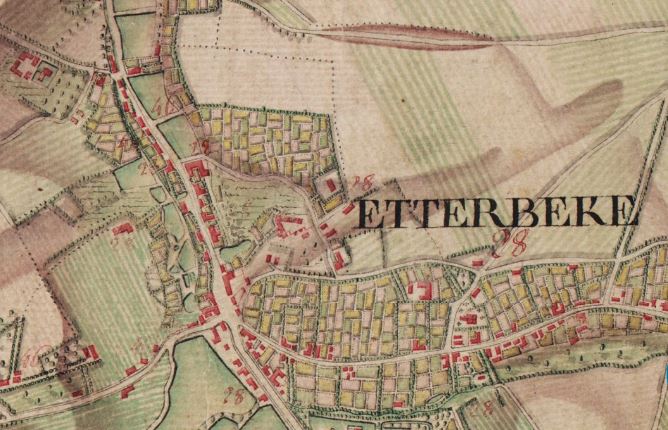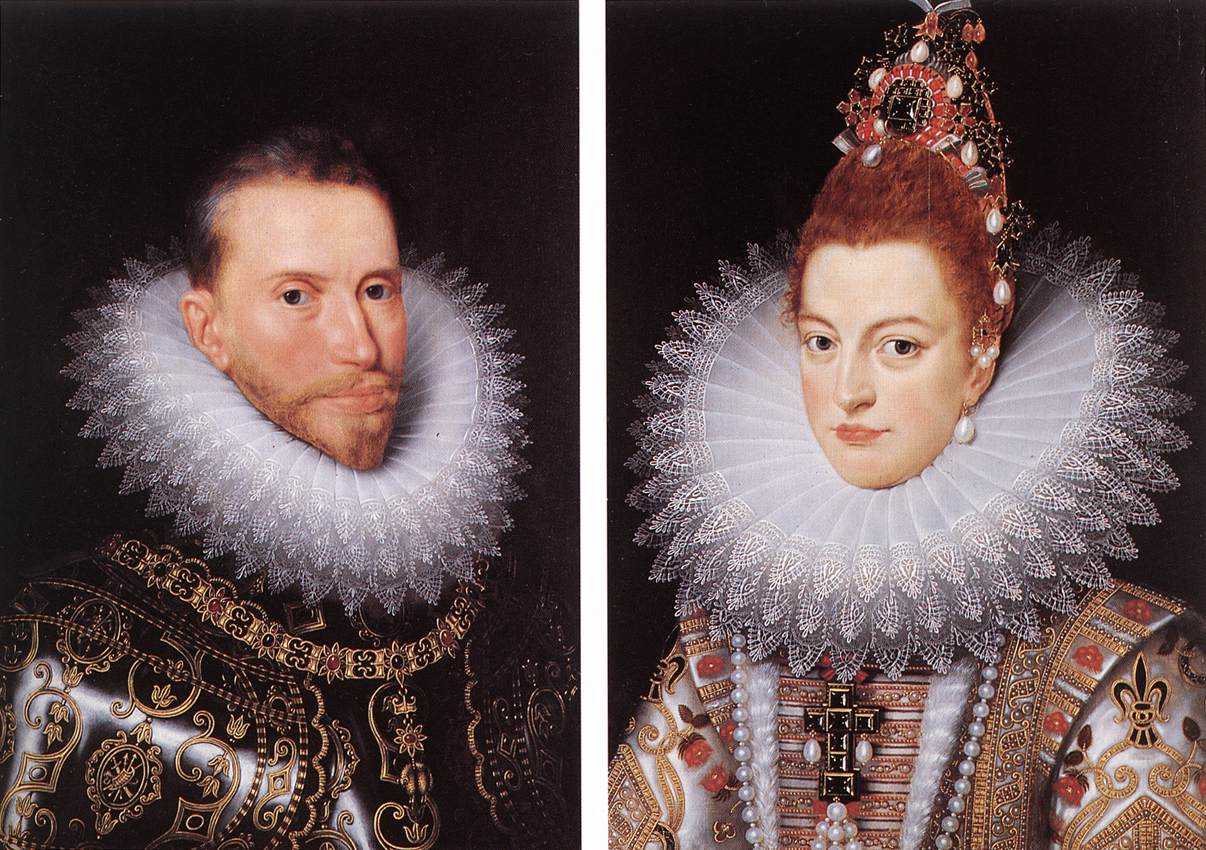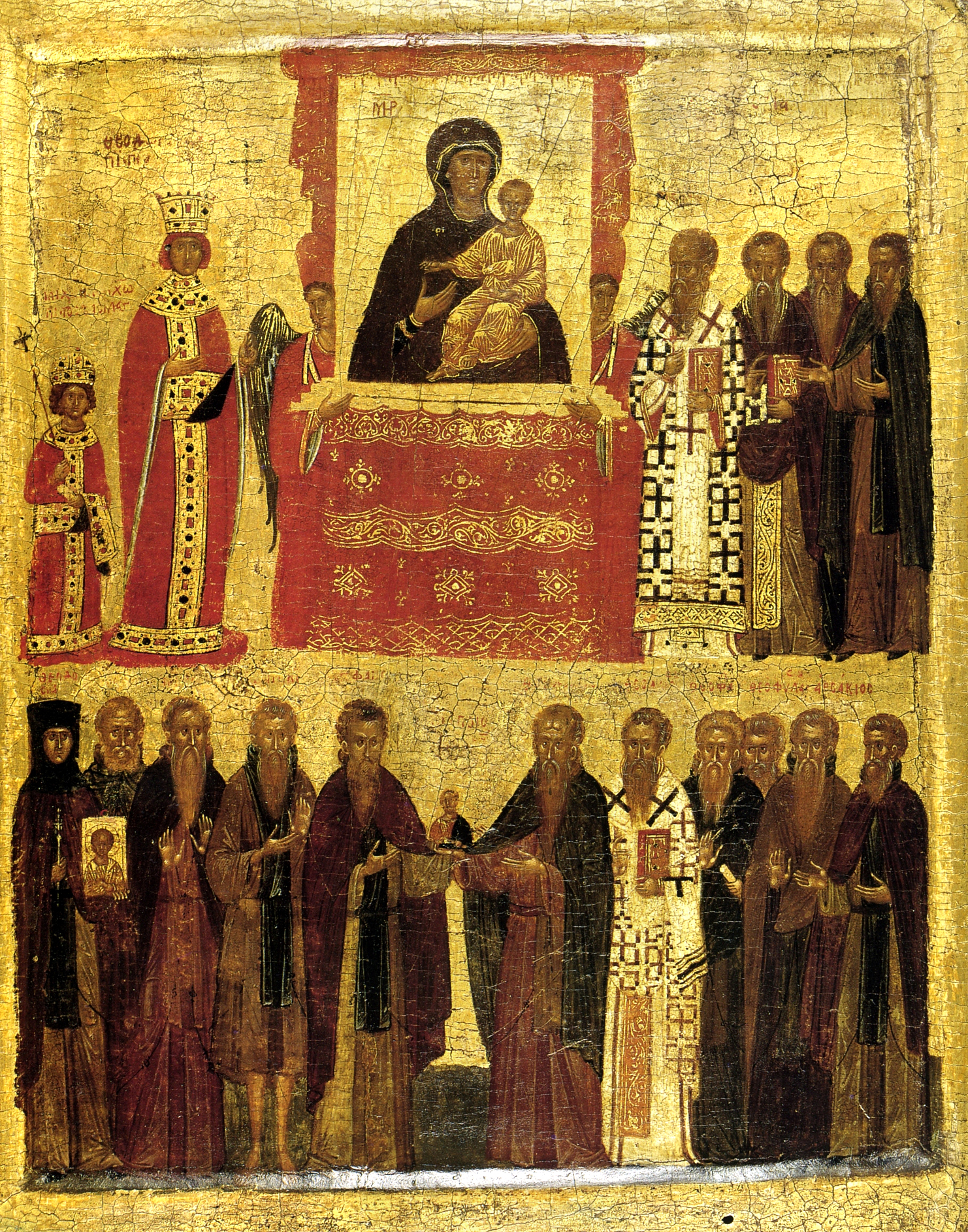|
Etterbeek, Belgium
Etterbeek (; ) is one of the 19 municipalities of the Brussels-Capital Region, Belgium. Located in the eastern part of the region, it is bordered by the municipalities of Auderghem, the City of Brussels, Ixelles, Schaerbeek, Woluwe-Saint-Lambert and Woluwe-Saint-Pierre. In common with all of Brussels' municipalities, it is legally bilingual (French–Dutch). History Origins and etymology According to legend, Saint Gertrude of Nivelles, daughter of Pippin of Landen, founded a chapel there in the 8th century. A document by Otto I, Holy Roman Emperor, dated 966, mentions the church of ''Iatrebache''. The name ''Ietrebecca''—possibly from the Celtic root ''ett'' meaning "rapid movement" and the Dutch word ''beek'' meaning "stream"—is found for the first time in a document dated 1127. The current spelling appears eleven years later in 1138, around which time a newer and larger church was built. Middle Ages In the Middle Ages, Etterbeek was a rural hamlet mostly independent o ... [...More Info...] [...Related Items...] OR: [Wikipedia] [Google] [Baidu] |
Arrondissement Of Brussels-Capital
The Arrondissement of Brussels-Capital (; ) is the only administrative arrondissement in the Brussels-Capital Region of Belgium. Because it is the only administrative arrondissement in the Brussels Region, its territory coincides with that of the latter. The arrondissement was created in 1963 upon the splitting of the arrondissement of Brussels into the capital one and the surrounding arrondissement of Halle-Vilvoorde. They remained part of the Province of Brabant until it was split as well in 1995. In that year, the arrondissement of Nivelles formed the new Walloon Brabant and the arrondissements of Halle-Vilvoorde and Leuven formed the new Flemish Brabant. The arrondissement of Brussels-Capital, corresponding to the Brussels-Capital Region, thus became extraprovincial, meaning it is not a province, neither does it belong to one, nor does it contain any. However, it was the only Belgian arrondissement that was headed by a governor and a vice-governor until 2014 when these ... [...More Info...] [...Related Items...] OR: [Wikipedia] [Google] [Baidu] |
Spanish Netherlands
The Spanish Netherlands (; ; ; ) (historically in Spanish: , the name "Flanders" was used as a '' pars pro toto'') was the Habsburg Netherlands ruled by the Spanish branch of the Habsburgs from 1556 to 1714. They were a collection of States of the Holy Roman Empire in the Low Countries held in personal union by the Spanish Crown. This region comprised most of the modern states of Belgium and Luxembourg, as well as parts of northern France, the southern Netherlands, and western Germany, with the capital being Brussels. The Army of Flanders was given the task of defending the territory. The Imperial fiefs of the former Burgundian Netherlands had been inherited by the Austrian House of Habsburg from the extinct House of Valois-Burgundy upon the death of Mary of Burgundy in 1482. The Seventeen Provinces formed the core of the Habsburg Netherlands, which passed to the Spanish Habsburgs upon the abdication of Emperor Charles V in 1556. When part of the Netherlands separated to ... [...More Info...] [...Related Items...] OR: [Wikipedia] [Google] [Baidu] |
Barony (county Division)
A barony is an administrative division of a county in Scotland, Ireland, outlying parts of England and historically France and Sardinia. As a barony is associated to a Baron and a county to a Count or Earl, it has a lower rank and importance than a county. Origin A geographic barony is a remnant from mediaeval times of the area of land held under the form of feudal land tenure termed feudal barony, or barony by tenure, either an English feudal barony In the kingdom of England, a feudal barony or barony by tenure was the highest degree of feudal land tenure, namely ''per baroniam'' (Latin for "by barony"), under which the land-holder owed the service of being one of the king's barons. The d ..., a Scottish feudal barony or an Irish feudal barony, which all operated under different legal and social systems. Just as modern counties are no longer under the administrative control of a noble count or earl, geographic baronies are generally no longer connected with feudal baro ... [...More Info...] [...Related Items...] OR: [Wikipedia] [Google] [Baidu] |
Charles II Of Spain
Charles II (6 November 1661 – 1 November 1700) was King of Spain from 1665 to 1700. The last monarch from the House of Habsburg, which had ruled Spain since 1516, he died without an heir, leading to a European Great Power conflict over the succession. For reasons still debated, Charles experienced lengthy periods of ill health throughout his life. This made the question of who would succeed him central to European diplomacy for much of his reign, one historian writing that "from the day of his birth, they were waiting for his death". The two main candidates were the Austrian Habsburg Archduke Charles, and 16-year-old Philip of Anjou, grandson of Charles' half-sister Maria Theresa and Louis XIV of France. Shortly before his death in November 1700, Charles named Philip his heir, but the acquisition of an undivided Spanish Empire by either France or Austria threatened the European balance of power. Failure to resolve these issues through diplomacy resulted in the 1701 to ... [...More Info...] [...Related Items...] OR: [Wikipedia] [Google] [Baidu] |
Sint-Genesius-Rode
Sint-Genesius-Rode (; ) is a municipality in the province of Flemish Brabant, in the Flemish region of Belgium. The municipality only comprises the town of Sint-Genesius-Rode proper, and lies between Brussels and Waterloo in Wallonia. On January 1, 2008, Sint-Genesius-Rode had a total population of 18,021. The total area is , which gives a population density of . It borders the Brussels-Capital Region and is essentially a suburb of the city, contiguous with the Prince d'Orange neighbourhood (Uccle), and was a component of the short-lived Arrondissement of Brussels-Periphery. While the Brussels-Capital Region does not have a direct border with Wallonia, the shortest distance between the two is at Sint-Genesius-Rode municipality, with around separating Prince d'Orange and Waterloo along the N5 road. Politics The official language of the city is Dutch, historically the majority language of the population. However, Sint-Genesius-Rode is in linguistic flux, as it is one of the m ... [...More Info...] [...Related Items...] OR: [Wikipedia] [Google] [Baidu] |
Etterbeek Ferraris 1777
Etterbeek (; ) is one of the 19 municipalities of the Brussels-Capital Region, Belgium. Located in the eastern part of the region, it is bordered by the municipalities of Auderghem, the City of Brussels, Ixelles, Schaerbeek, Woluwe-Saint-Lambert and Woluwe-Saint-Pierre. In common with all of Brussels' municipalities, it is legally bilingual (French–Dutch). History Origins and etymology According to legend, Saint Gertrude of Nivelles, daughter of Pippin of Landen, founded a chapel there in the 8th century. A document by Otto I, Holy Roman Emperor, dated 966, mentions the church of ''Iatrebache''. The name ''Ietrebecca''—possibly from the Celtic root ''ett'' meaning "rapid movement" and the Dutch word ''beek'' meaning "stream"—is found for the first time in a document dated 1127. The current spelling appears eleven years later in 1138, around which time a newer and larger church was built. Middle Ages In the Middle Ages, Etterbeek was a rural hamlet mostly independent o ... [...More Info...] [...Related Items...] OR: [Wikipedia] [Google] [Baidu] |
Isabella Clara Eugenia
Isabella Clara Eugenia (; 12 August 1566 – 1 December 1633), sometimes referred to as Clara Isabella Eugenia, was sovereign of the Spanish Netherlands, which comprised the Low Countries and the north of modern France, with her husband Albert VII, Archduke of Austria, Archduke Albert VII of Austria. Their reign is considered the Golden Age of the Spanish Netherlands, which saw a revival of its economy and arts after a peace was concluded with the break-away Dutch Republic. Isabella was one of the most powerful women in 16th- and 17th-century Europe. Early life Childhood Isabella Clara Eugenia of Austria was born in the Palace of Valsain, Segovia on 12 August 1566. She was the first surviving daughter of King Philip II of Spain and his third wife, Elisabeth of Valois. Her father was reportedly overjoyed at her birth and declared himself to be happier on the occasion than he would have been at the birth of a son. He already had a male heir, Carlos, Prince of Asturias, ... [...More Info...] [...Related Items...] OR: [Wikipedia] [Google] [Baidu] |
Albert VII, Archduke Of Austria
Albert VII (; 13 November 1559 – 13 July 1621) was the ruling Archduke of Austria for a few months in 1619 and, jointly with his wife, Isabella Clara Eugenia, sovereign of the Habsburg Netherlands between 1598 and 1621. Prior to this, he had been a Cardinal (Catholic Church), cardinal, Roman Catholic Archdiocese of Toledo, Archbishop of Toledo, List of viceroys of Portugal, viceroy of Portugal and Governors of the Habsburg Netherlands, Governor General of the Habsburg Netherlands. He succeeded his brother Matthias, Holy Roman Emperor, Matthias as reigning archduke of Archduchy of Austria, Lower and Upper Austria, but abdicated in favor of Ferdinand II, Holy Roman Emperor, Ferdinand II the same year, making it the shortest (and often ignored) reign in Austrian history. Early life Archduke Albert was the fifth son of Maximilian II, Holy Roman Emperor and Maria of Spain, daughter of Charles V, Holy Roman Emperor and Isabella of Portugal. He was sent to the Spanish Court at the a ... [...More Info...] [...Related Items...] OR: [Wikipedia] [Google] [Baidu] |
European Wars Of Religion
The European wars of religion were a series of wars waged in Europe during the 16th, 17th and early 18th centuries. Fought after the Protestant Reformation began in 1517, the wars disrupted the religious and political order in the Catholic Church, Catholic countries of Europe, or Christendom. Other motives during the wars involved revolt, territorial ambitions and European balance of power, great power conflicts. By the end of the Thirty Years' War (1618–1648), Catholic France had allied with the Protestant forces against the Catholic Habsburg monarchy. The wars were largely ended by the Peace of Westphalia (1648), which established a new political order that is now known as Westphalian sovereignty. The conflicts began with the minor Knights' War (1522–1523), followed by the larger German Peasants' War (1524–1525) in the Holy Roman Empire. Warfare intensified after the Catholic Church began the Counter-Reformation against the growth of Protestantism in 1545. The confl ... [...More Info...] [...Related Items...] OR: [Wikipedia] [Google] [Baidu] |
Iconoclasm
Iconoclasm ()From . ''Iconoclasm'' may also be considered as a back-formation from ''iconoclast'' (Greek: εἰκοκλάστης). The corresponding Greek word for iconoclasm is εἰκονοκλασία, ''eikonoklasia''. is the social belief in the importance of the destruction of icons and other images or monuments, most frequently for religious or political reasons. People who engage in or support iconoclasm are called iconoclasts, a term that has come to be figuratively applied to any individual who challenges "cherished beliefs or venerated institutions on the grounds that they are erroneous or pernicious." Conversely, one who reveres or venerates religious images is called (by iconoclasts) an ''Iconolatry, iconolater''; in a Byzantine context, such a person is called an ''iconodule'' or ''iconophile.'' Iconoclasm does not generally encompass the destruction of the images of a specific ruler after their death or overthrow, a practice better known as ''damnatio memoriae'' ... [...More Info...] [...Related Items...] OR: [Wikipedia] [Google] [Baidu] |
Maximilian I, Holy Roman Emperor
Maximilian I (22 March 1459 – 12 January 1519) was King of the Romans from 1486 and Holy Roman Emperor from 1508 until his death in 1519. He was never crowned by the Pope, as the journey to Rome was blocked by the Venetians. He proclaimed himself elected emperor in 1508 at Trent, with Pope Julius II later recognizing it. This broke the tradition of requiring a papal coronation for the adoption of the Imperial title. Maximilian was the only surviving son of Frederick III, Holy Roman Emperor, and Eleanor of Portugal. From his coronation as King of the Romans in 1486, he ran a double government, or ''Doppelregierung'' with his father until Frederick's death in 1493. Maximilian expanded the influence of the House of Habsburg through war and his marriage in 1477 to Mary, Duchess of Burgundy. However, he also lost his family's lands in Switzerland to the Swiss Confederacy. Through the marriage of his son Philip the Handsome to eventual queen Joanna of Castile in 1496, Maxim ... [...More Info...] [...Related Items...] OR: [Wikipedia] [Google] [Baidu] |





